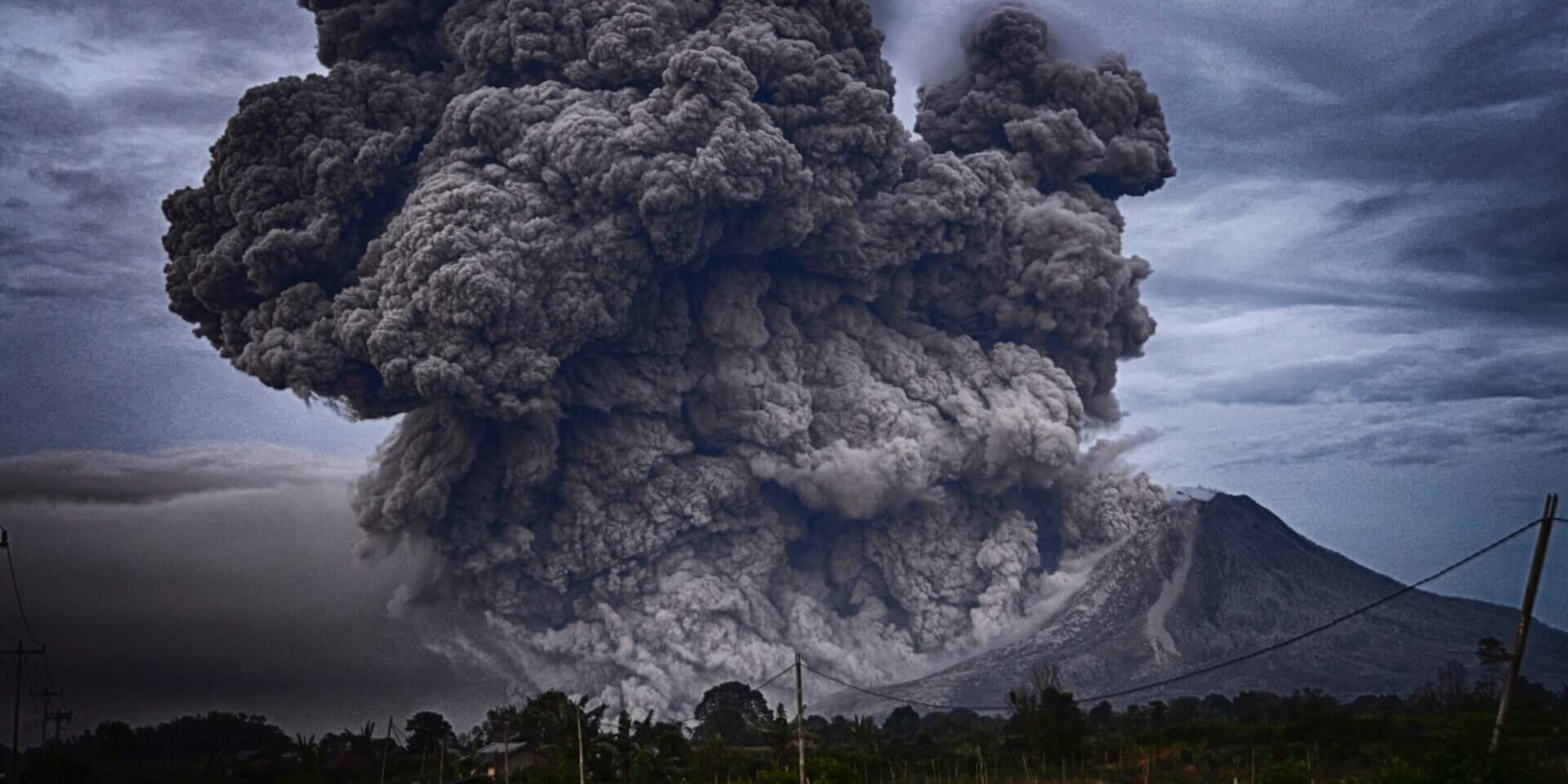
“Continued technological advances, accelerating climate change and the rise in zoonotic diseases mean the likelihood of extreme, global catastrophic or even existential risks is present on multiple, interrelated fronts. An effort is warranted to better define and identify the extreme, catastrophic and existential risks that we face.” UN Secretary General, António Guterres, Our Common Agenda
The international community increasingly seeks to understand the large-scale risks we face, and the role institutions can play in better preventing, preparing and managing the hazards that give rise to these risks. In response to this growing demand, the United Nations Office for Disaster Risk Reduction, the International Science Council, the Centre for the Study of Existential Risk and the Simon Institute for Longterm Governance joined forces to develop a briefing note on hazards with the potential to lead to global and existential catastrophes.
The briefing note identifies 10 geological, biological, technological, and social hazards with global escalation potential. These hazards share certain concerning characteristics, such as the ability to affect multiple systems and to bypass established response and coping capacity. They also stand to be significantly amplified or modified by the influential forces of climate change and artificial intelligence. Together, these hazards and forces create a level of complexity that today’s governance structures are unfit to deal with.
This minority of known hazards, which could trigger cascades leading to global and existential catastrophe, warrants focus and make it necessary to refine governance strategies, to make them more adaptive to the various manifestations of risk. Current governance systems are built to prepare and respond to events with known frequency and manageable severity, but they are not fit for purpose to address worst-case scenarios, which are emerging, exponential and global in scope.
This second Risk Dialogue will explore implications for governance at the national and international levels. The Global Risk Dialogues will bring together global experts and practitioners to discuss what this means, in practice.
The session will discuss how risk research must evolve to promote better understanding and management of hazards with escalation potential. It will:
Photo by Yosh Ginsu on Unsplash